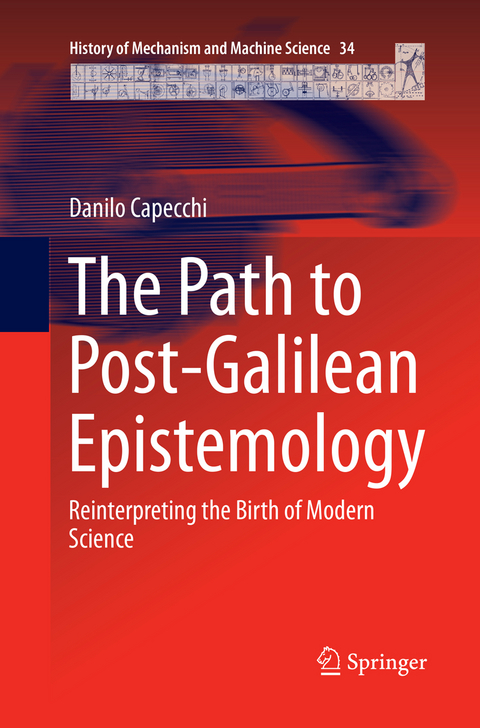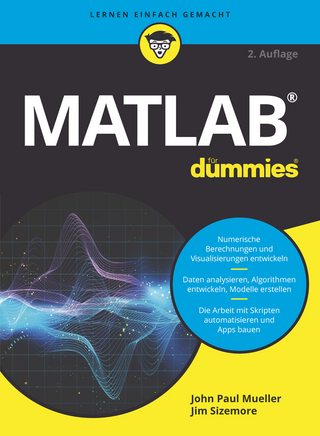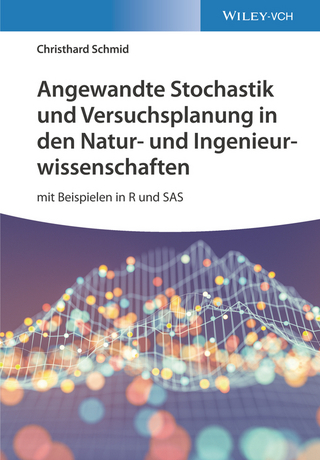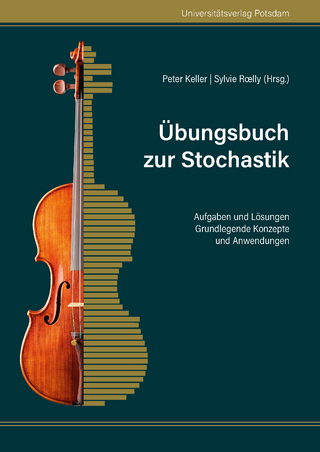
The Path to Post-Galilean Epistemology
Springer International Publishing (Verlag)
978-3-319-86373-3 (ISBN)
Danilo Capecchi is Professor of Mechanics of Solids and History of Science at the University of Rome La Sapienza. His research into the history of science focuses mainly on classical mechanics.
Ancient mixed mathematics.- Skills and mathematics in the Renaissance Italy.- New forms of natural philosophy and mixed mathematics.- Galilean epistemology.- Post-Galilean epistemology. Experimental physico-mathematica.- Concluding remarks.
"For those interested in a deep understanding of the changes in (applied) mathematics-as well as in natural philosophy-that occurred in the early modern era, the pleasant reading of the present book is certainly encouraged." (Salvatore Esposito, Mathematical Reviews, March, 2018)
"This deep and well documented work traces the history of the (increasingly) mathematical treatment of natural phenomena ... from the time of Plato and Aristotle to Descartes. ... The breadth of sources and the care with which they are documented should make this work an important source for those with a strong interest in the history of science. The author introduces the work and methods of the famous and the not-so-famous in an engaging, detailed and complete manner." (Richard J. Wilders, MAA Reviews, September, 2017)
| Erscheinungsdatum | 05.03.2022 |
|---|---|
| Reihe/Serie | History of Mechanism and Machine Science |
| Zusatzinfo | XIII, 533 p. 118 illus. |
| Verlagsort | Cham |
| Sprache | englisch |
| Maße | 155 x 235 mm |
| Gewicht | 831 g |
| Themenwelt | Mathematik / Informatik ► Mathematik ► Wahrscheinlichkeit / Kombinatorik |
| Technik ► Maschinenbau | |
| Schlagworte | Experimental Philosophy • Galilean epistemology • History of Mathematics • History of Mechanics • Mixed Mathematics • philosophy of nature • Physico-mathematica • Renaissance Science |
| ISBN-10 | 3-319-86373-8 / 3319863738 |
| ISBN-13 | 978-3-319-86373-3 / 9783319863733 |
| Zustand | Neuware |
| Haben Sie eine Frage zum Produkt? |
aus dem Bereich


